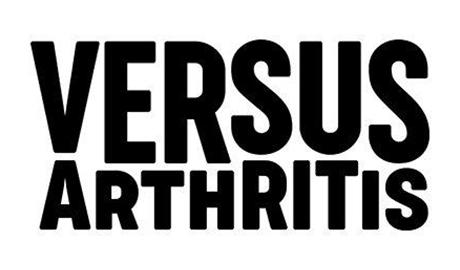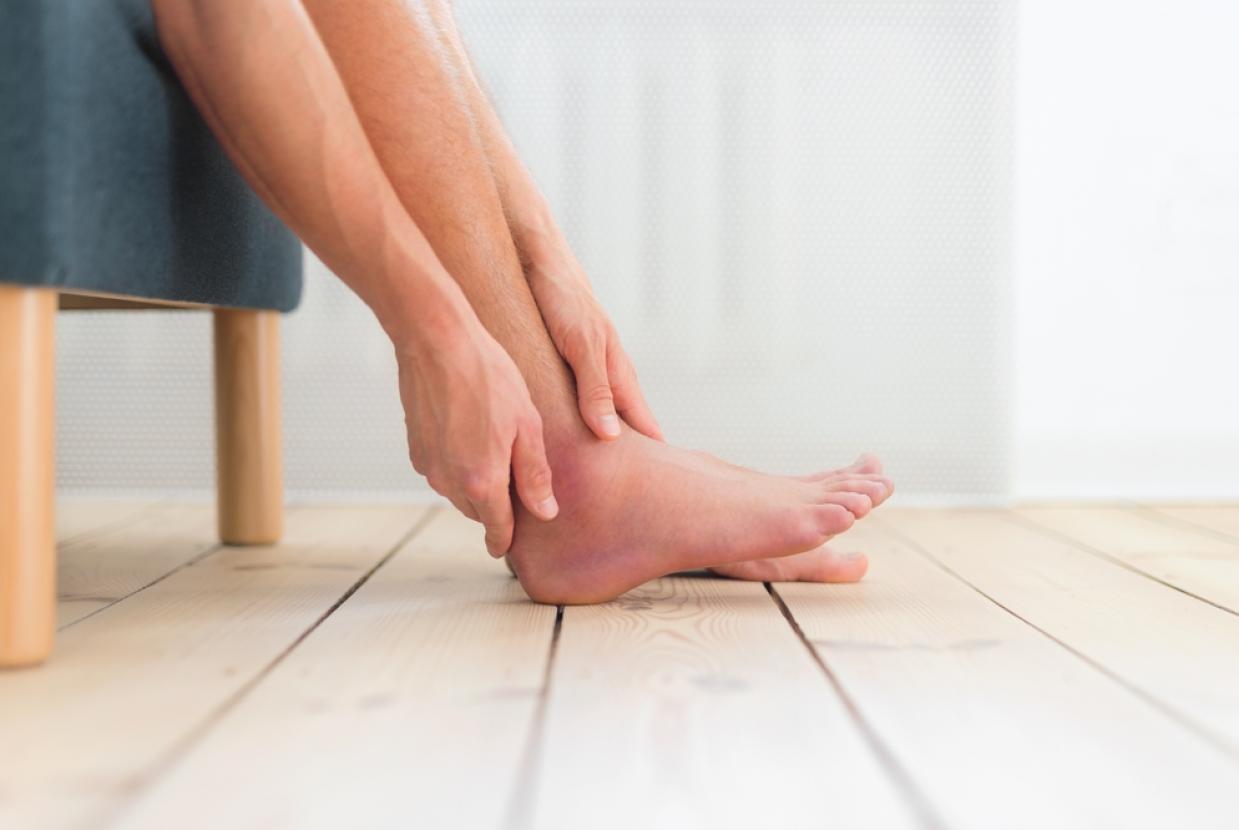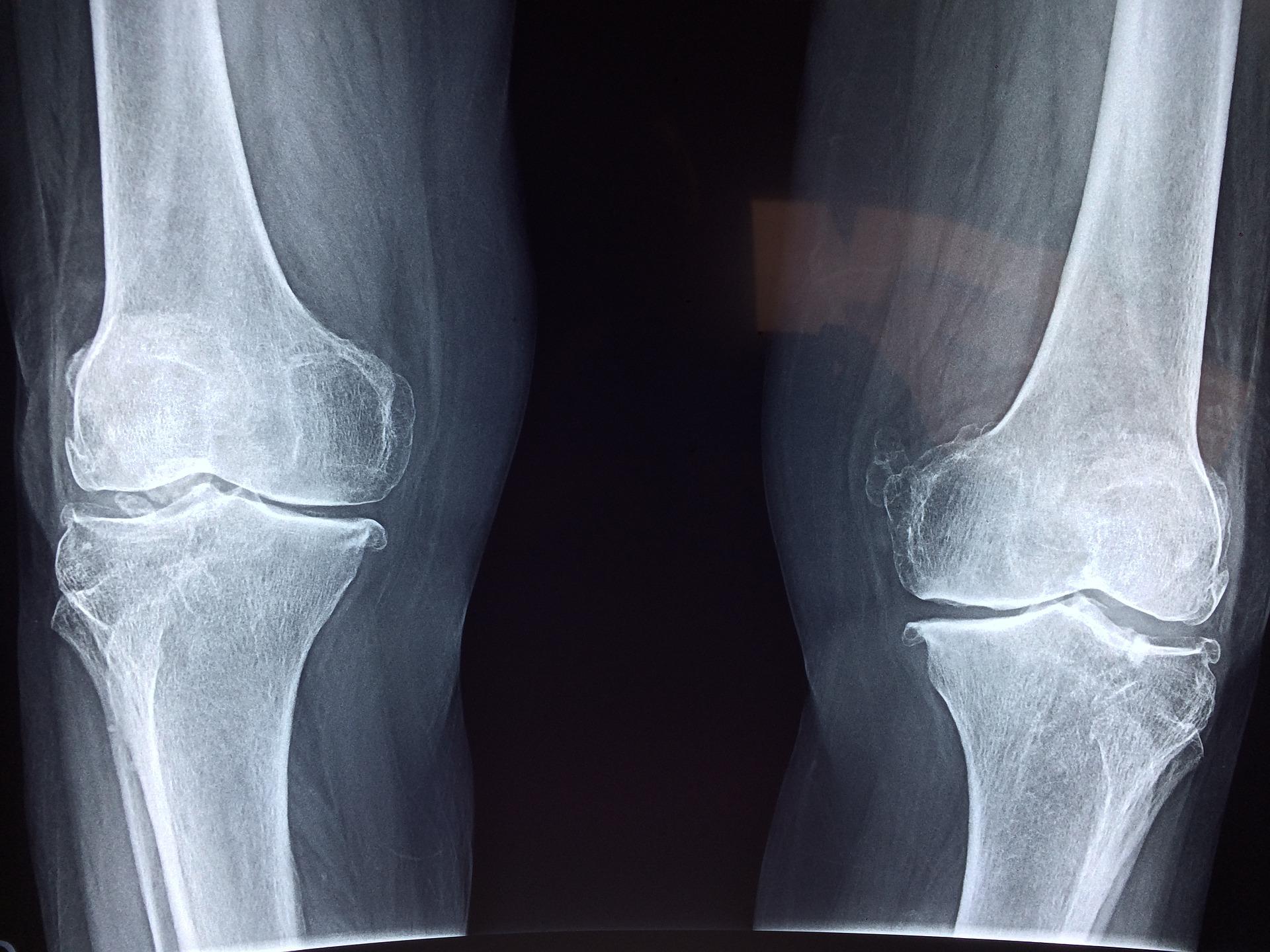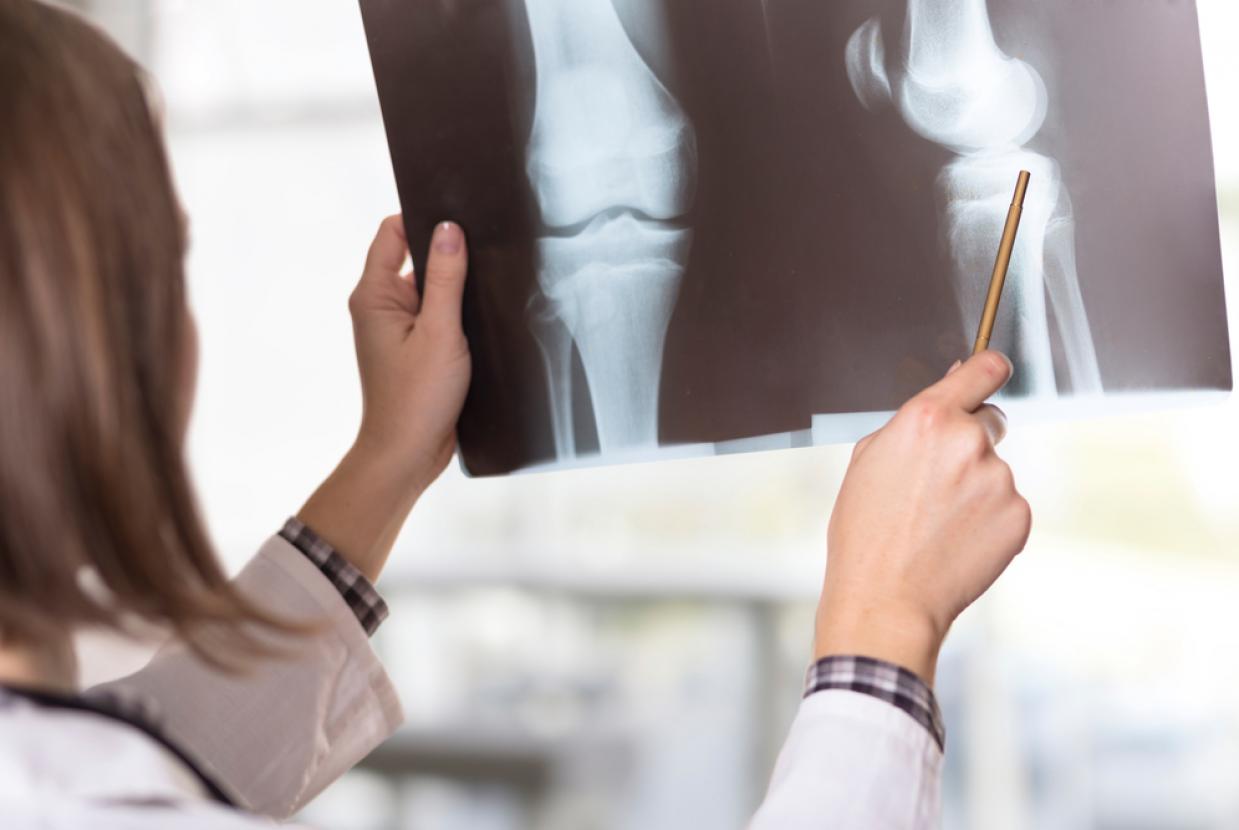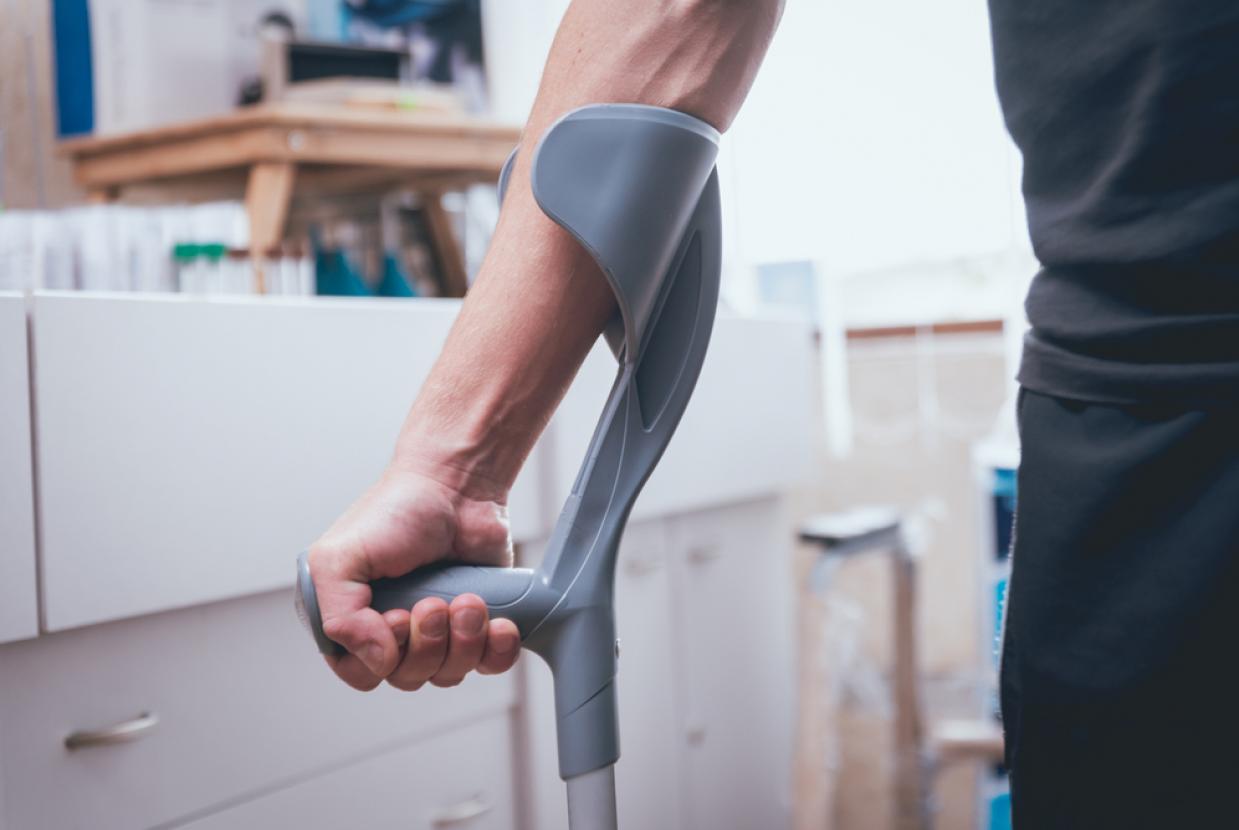Arthritis & Heart Health: What You Need To Know
Arthritis/Back Pain/Joint Pain / Heart HealthArthritis describes when you have pain, swelling and stiffness in one or more of your joints. But did you know that some arthritis conditions can cause complications in other parts of your body, such as your heart? Here Dr Benjamin Ellis, Consultant Rheumatologist and Senior Clinical Policy Adviser at Versus Arthritis, shares what you need to know.
Can inflammatory arthritis affect your heart?
Some people living with arthritis may have an increased risk of heart problems. Sometimes this is because your condition can affect your heart. This can happen in autoimmune inflammatory arthritis conditions, such as rheumatoid arthritis, psoriatic arthritis, or axial spondyloarthritis.
In these conditions, the immune system – the body’s natural self-defence system – is out of balance and attacks the body’s tissues, including joints, spine and surrounding tissues. This makes them feel painful, stiff and swollen.
The immune system attack can also affect your blood vessels, putting you at a higher risk of developing cardiovascular disease (CVD). For that reason, if you live with rheumatoid arthritis, guidelines suggest that your healthcare team should check your heart health every year.
Can osteoarthritis affect your heart?
There are other ways that arthritis and heart problems can be linked. People with osteoarthritis (OA), are almost three times more likely to also have coronary heart disease (CHD) or to have heart failure than those without osteoarthritis.
This may be because you have a greater risk of developing both osteoarthritis and heart problems if you are overweight, have obesity, or aren’t physically active.
It can also be tough to stay active and maintain a healthy weight if you’re dealing with pain and fatigue from osteoarthritis. But not staying active means you lose out on the benefits these can offer to your heart health.
The good news is there are small steps you can take to add more movement to your life and manage your weight.
Can gout affect your heart?
It's a similar situation if you have gout, a condition where your body’s urate (uric acid) level is too high. In gout, urate crystals form in and around the joints. This can lead to episodes of severe inflammation, stiffness, pain and damage (sometimes called ‘gout flares’).
High levels of urate are more common in people who carry excess weight. People with gout often have other problems such as type 2 diabetes, high blood pressure and high cholesterol – all of which increase your risk of heart disease and strokes.
Can arthritis medicines affect the heart?
Some medicines you might take for arthritis can also affect your heart. "People with autoimmune inflammatory arthritis sometimes need steroids to control their symptoms," says Dr Ellis.
“Steroids can be an important part of treatment for some types of arthritis. But steroids can cause increases in your blood sugar, cholesterol and blood pressure.
“These medicines can also make your blood ‘stickier’, meaning that an artery around the heart can more easily get blocked. This combination can increase your risk of heart disease."
“Anti-inflammatory medicines, like ibuprofen and naproxen, can also affect the heart,” he adds, “particularly if you use them long-term.”
“Like steroids, they make the blood “stickier”. They also can lead to increased blood pressure, and fluid retention which puts more pressure on the heart.”
“The risks from these medicines are greater if you have heart problems to start with, than if you didn’t. So, if you've got heart failure or high blood pressure, it might affect your choice of medicine.
Are there any symptoms I should watch for?
“If you have heart problems like angina or a heart attack, then there are symptoms to watch out for,” says Dr Ellis. These include:
- Chest pain.
- Tightness in the chest.
- Heaviness in the chest.
- Shortness of breath.
- Dizziness, particularly when you’re doing physical activity.
- Pain down your arm.
“However, many problems like blood pressure and high cholesterol don't have symptoms,” he adds. “This is why screening for these problems is important.”
It’s also worth remembering that the symptoms of heart disease can be different for women than in men. For instance, when experiencing a heart attack, women are more likely to feel:
- Pain in the jaw, back or neck.
- Shortness of breath.
- Nausea, vomiting and cold sweat.
How can I get my heart checked?
“You can check your heart health yourself by using the NHS Heart Health Calculator,” says Dr Ellis.
“This gives you an idea of how healthy your heart is, and what lifestyle changes you can make to help improve it."
“At the moment it asks you if you have rheumatoid arthritis. But if you have another form of autoimmune inflammatory arthritis, such as psoriatic arthritis or axial spondyloarthritis (sometimes called ankylosing spondylitis), we know your heart risk is raised too.
“So, if this applies to you, you might want to say, ‘yes’ to the rheumatoid arthritis question anyway.”
Many heart problems, like high blood pressure, often have no symptoms. So, if you are aged 40 years or over, it’s also worth taking up the opportunity of a free blood pressure test.
How can I look after my heart health myself?
There are lots of small steps you can take to look after your heart health yourself. You could:
- Eat a healthy, balanced diet.
- Keep physically active.
- Maintain a healthy weight.
- Give up smoking.
- Manage stress.
- Don’t drink excess alcohol.
- Talk to your healthcare team about your heart health and treatment plan, making sure you get any checks you need.
“If you’re worried about your heart health, you could say to your GP ‘I’ve read that my condition is linked with an increased risk of heart problems. Do we need to check my blood pressure or cholesterol? Can you reassure me?’,” says Dr Ellis.
“And if you live with a condition like rheumatoid arthritis, psoriatic arthritis or axial spondyloarthritis, do make sure you’ve had a heart health check as part of your regular review.”


